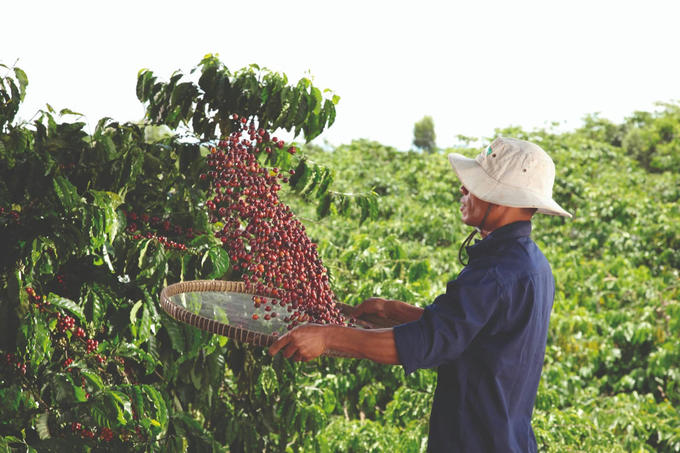
Nestlé has unveiled the Nescafé́ Plan 2030 to help drive regenerative agriculture, reduce greenhouse gas emissions, and improve farmer livelihoods.
Every year, Nescafé supports around 100,000 coffee farmers and buys more than 800,000 metric tons of green coffee – that’s more than 13 million bags from more than 20 countries.
This carefully measured feat would not be possible without the Nescafé Plan, a global sustainability initiative launched in 2010 to expand responsible sourcing.
Now, Nestlé’s Head of Green Coffee Development Marcelo Burity tells Global Coffee Report that Nestlé has released the Nescafé Plan 2030, a renewed strategy to help make coffee farming more sustainable.
“We are building on a 10-year track record of the existing Nescafé Plan and accelerating our efforts to help make coffee farming of Nescafé more sustainable,” Burity says.
“The Nescafé Plan 2030 will help farmers transition to regenerative agriculture to simultaneously help improve their income and mitigate their environmental impact. This will help farmers become more resilient and much better prepared to tackle risks like climate change.”

About the Author

EcoVadis is a purpose-driven company dedicated to embedding sustainability intelligence into every business decision worldwide. With global, trusted and actionable ratings, businesses of all sizes rely on EcoVadis’ detailed insights to comply with ESG regulations, reduce GHG emissions, and improve the sustainability performance of their business and value chain across 220 industries in 180 countries. Leaders like Johnson & Johnson, L’Oréal, Unilever, Bridgestone, BASF and JPMorgan are among 150,000+ businesses that use EcoVadis ratings, risk, and carbon management tools and e-learning platform to accelerate their journey toward resilience, sustainable growth and positive impact worldwide.
Follow on Linkedin
Visit Website
More Content by EcoVadis EN
Follow on Twitter Follow on Linkedin Visit Website More Content by EcoVadis EN


